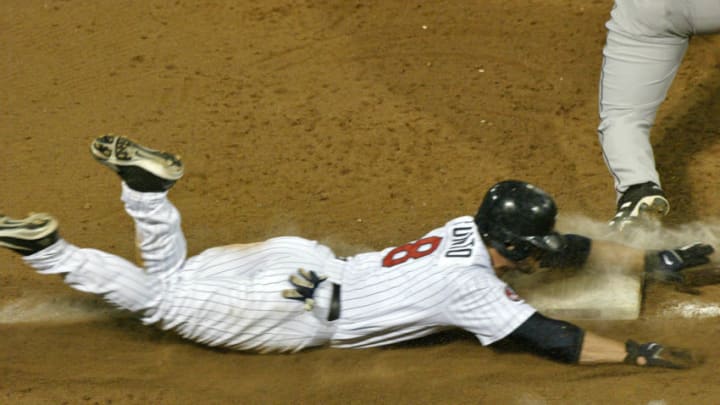The Atlantic League and MLB are working in concert to experiment with some new rules, but will any of them reach the highest level of baseball?
Home runs and strikeouts have led to a drop-off in the action we see in the average baseball game, with defensive shifts turning a lot of batted balls that would have gone for hits just a few years ago into outs. MLB definitely has an interest problem, some of it of its own doing, with an older demographic of fans compared to the other major sports.
Last offseason, MLB reached a three-year agreement with the independent Atlantic League of Professional Baseball to use it as a testing ground for new rules. Just this week, the Atlantic League’s All-Star Game used robot umpires to call balls and strikes.
But, as expected, the experimentation isn’t stopping there. On Thursday, the Atlantic League announced four new rules.
Atlantic League announce 4 new rules:
— Bob Nightengale (@BNightengale) July 11, 2019
Pitcher required to step off the rubber in order to attempt a pickoff.
1 foul bunt is permitted with 2 strikes before strikeout is called.
Check swing rule made more batter friendly.
Batters may steal 1st on any pitch not caught by catcher.
These four rules center on bringing action back to the game, via stolen bases and making strikeouts a little more difficult for a pitcher.
Check swings are always subjective calls, that frankly are gotten wrong more often that they should be via the home plate umpire not asking for help or individual interpretations of what constitutes a swing that naturally vary. Some specific wording, or requiring the home plate umpire to ask for help, would go a long way toward clarity.
A pitcher having to step off the rubber for a pick-off attempt will automatically make it harder to pick off a runner, and it would encourage the running game with that tell in mind.
Bunting stands as way for a batter to exploit shifts, but it’s rarely done. Being able to try a bunt with two strikes, knowing you won’t strike out if it goes foul, doesn’t necessarily mean there’ll be an increase in bunt attempts.
The most interesting of the new rules is the last one. Would a batter try to steal first if the first pitch to him goes past the catcher? Count and situation would be big factors, as would the quality of the opposing pitcher and a batter’s own talent. A proverbial “green light” to steal first base against a quality reliever with two outs and no one on in a one-run game might be given to a below average hitter who can run, since the most likely outcome would be the final out of the inning if all things are equal.
MLB likes to stay attached to its old standards, so time will tell if any of these new rules (or others that may come) actually make the jump in some form. But it’s fine to try things and see how they work in actual situations, and that deserves some praise in a broad sense.
